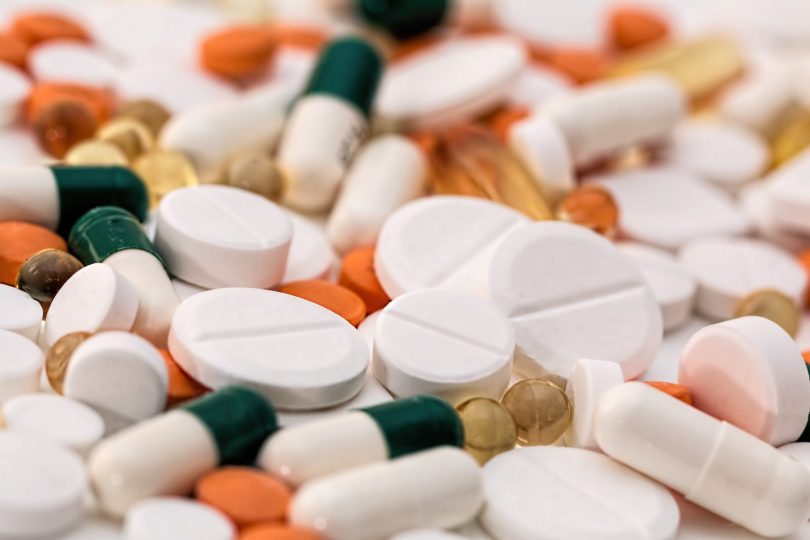
Have you ever experienced heartburn? Have you ever wondered what causes it? For some people, changing their diet is enough to control it, but what if it’s not?
What causes heartburn?
Stomach acid is a natural chemical needed in the digestion process. An excess of this acid or a misplacement of it (when it travels) can cause inflammation and irritation in the esophagus – this causes heartburn and contributes to the development of ulcers in the stomach or duodenum (the first part of the small intestine).
How can you deal with stomach acid related problems?
Proton-pump Inhibitor drugs (PPIs) are the most commonly prescribed agents for the problem. PPIs are heavily marketed. PPIs are prescribed to prevent and treat ulcers in the duodenum and the stomach and also help with other problems that occur when the stomach acid goes into the esophagus (if it happens frequently, it is a condition called gastroesophageal reflux disease).
Are proton-pump inhibitors (PPIs) safe to use?
PPIs are not suitable for everyone. There are two main concerns with PPIs: overuse and drug interactions or side effects. So, if you are prescribed or buying a PPI, read the label and are safe to take it – do not take it if you are:
- Breastfeeding
- Pregnant
- Have liver problems
- Taking-blood thinners
Most people who take a PPI do not have side effects, however some common side effects experienced by some are:
- Constipation
- Diarrhea
- Headaches
- Nausea or Vomiting
- Abdominal pain
If your side effects worsen or if you experience the following contact your doctor soon!
- Vomiting blood
- Blood in stool
- Persistent abdominal pain
- Unintentional weight loss
- Persistent vomiting
- Difficulty swallowing
List of PPIs
Some of the proton pump inhibitors include but are not limited to:
- Prilosec, Prilosec OTC (Omeprazole)
- Yosprala (Aspirin and Omeprazole)
- Aciphex, Aciphex Sprinkle (Rabeprazole)
- Protonix (Pantoprazole)
- Nexium, Nexium IC, Nexium 24 HR (Esomeprazole)
PPI-Induced Acute Interstitial Nephritis (AIN)
Long term use (over a year) can lead to more serious problems. Some of the medical conditions the medical community is concerned about include but not limited to dementia risk of fractures, Vitamin B12 deficiency, lupus and acute interstitial nephritis (AIN). In simple terms, PPI-Induced AIN is characterized by inflammatory cells in the kidney’s fluid. Unfortunately, AIN can progress to acute kidney failure; a delay in diagnosis and continued use of the PPI could lead to chronic kidney failure and more serious consequences.
These injuries appear to be more profound in individuals older than 60. Although most individuals can recover, most will suffer from some level of permanent kidney function loss – sometimes individuals will require a kidney transplant.
If you have experienced the following, talk to your doctor as soon as possible:
- Fever
- Rash
- Malaise
- Anorexia
- Nausea
- Vomiting
- Weight loss
Laboratory findings like raised secrum creatinine and reduced eGFR, with proteinuria or haematuria are key. A renal biopsy must confirm diagnosis.
Contact Brooks Law Group
If you or a friend has PPI-Induced AIN, kidney failure, or chronic kidney disease due to any Proton Pump Inhibitor, contact Brooks Law Group today at 1-800-LAW-3030 for a free consultation. Attorneys work on a contingent fee basis, meaning they don’t get paid until you receive compensation.













